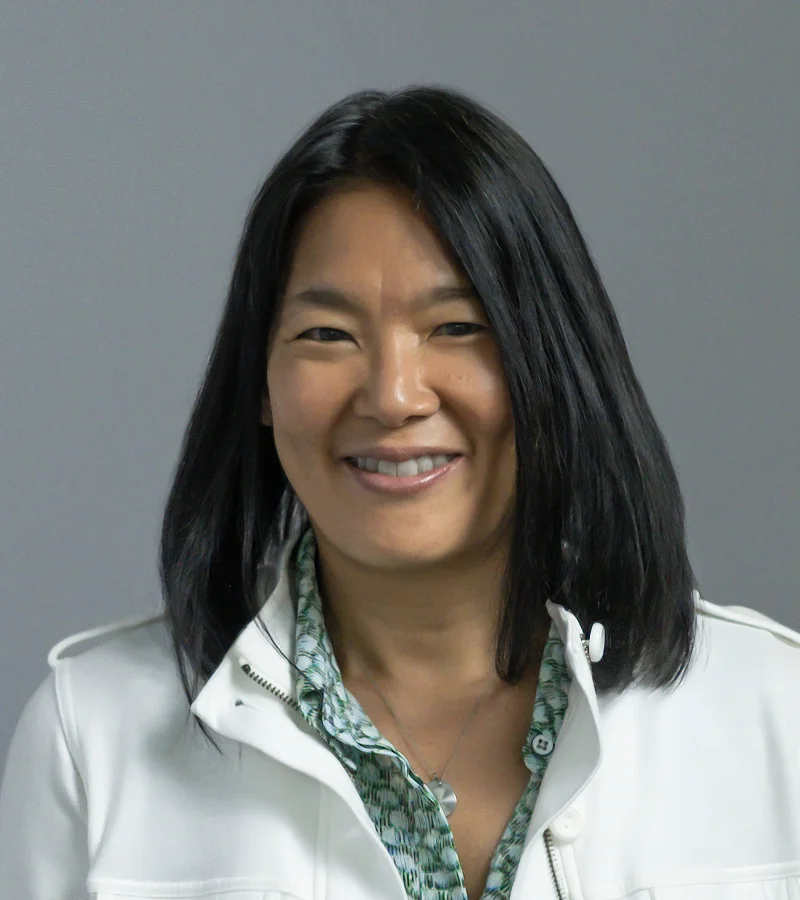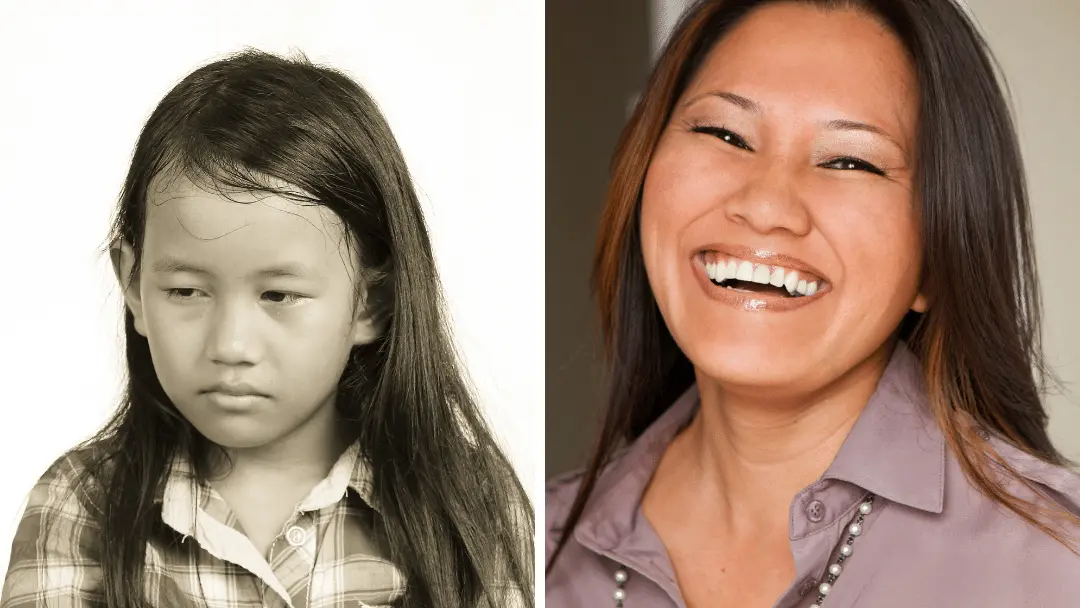Recovery from sexual abuse is possible no matter what age you are or how long it’s been.
Signs and Symptoms of Unhealed Sexual Abuse
When you hear words such as “sexual assault awareness” or “child sexual abuse”, do you feel:
- You’re being “pulled apart” on the inside
- Panicky or anxious
- Flushed, sweaty, tingly, or tense
- Your heart is pounding
- You can’t “breathe”
- Bad about yourself
If you experienced sexual abuse, even as a very young child, a few words (and more) can trigger strong emotional reactions.
Other Consequences of Unhealed Sexual Abuse
Hailes et al. mentioned that sexual abuse is a worldwide issue. Unfortunately, unhealed child sexual abuse often leaves a range of problems in its wake:
- Mental health issues, such as depression, anxiety, and eating disorders
- Physical illnesses
- Risky behaviors
- Relationship problems
Sadly, survivors also can experience:
- Guilt
- Shame
- Self-blame
Unfortunately, unhealed survivors tend to assume some responsibility for the abusive incident(s). They may, therefore, struggle with their self-worth and adopt negative beliefs about themselves.
Erroneous phrases may ring true for them:
- I’m not good enough.
- I’m used goods.
- I’m too much to handle.
Sexual Abuse Recovery Is Within Reach
Please know that as impossible as it may seem ever to get back to “normal”:
- You’re not alone.
- It is not your lifelong destiny.
- Healing and feeling whole again is absolutely within your reach.
My heart goes out to anyone who was sexually abused.
No matter how it played out, what happened to you was wrong.
You’re not responsible in any way.
Processing Sexual Abuse in a Safe Space
For you to find your wholeness, it’s important and even necessary to be able to talk about and process sexual abuse in a safe space. When you’re ready, I encourage you to seek counseling to:
- End the pain and suffering
- Find your light again
What Happens During Sexual Abuse Recovery
The counseling relationship provides a safe and non-judgmental space necessary for your healing. So often, fear, anger, or vulnerability may understandably hold you back from talking about your sexual abuse. This is especially true at the beginning of therapy.
Building a Trusted, Safe Connection
Therefore, your treatment’s initial focus will be on building a trusting and safe connection. This can help you share your experiences and feelings that arise as you tell your story, as difficult as that may be.
Recovery During the Counseling Process
Compassion and Finding Your Voice
Therapy will also help you learn to reframe your thoughts and feelings, approaching them with compassion. You’ll find ways to define your rights and needs and express them.
Confidence and Improved Self-Esteem
Through the counseling process, you’ll gain confidence and develop or enhance a positive view of yourself, sex, and sexual intimacy. With a more empowered and confident you, you’ll also be able to learn and cultivate skills to build trusting and safe relationships with others.
The First Step in Recovery
If you’ve been weighed down about what has happened and are finally ready to heal and find peace from your past, don’t hesitate to reach out for help.
(Please note that the abuse you experienced does not necessarily have to be sexual for you to reach out for counseling.)
Lisa Aranas


